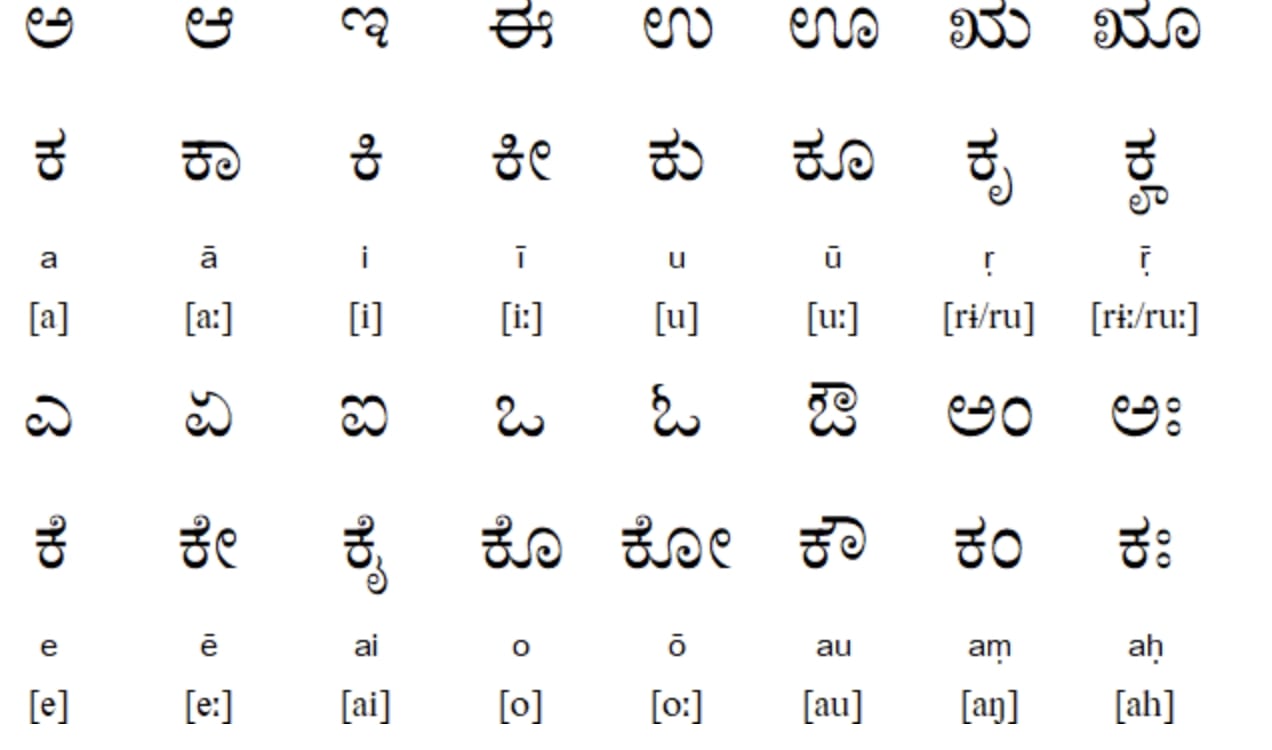"Don't insist on Kannada Language": Karnataka High Court directs Government to reconsider compulsory Kannada language for degree courses

A Division Bench of Karnataka High Court comprising of Chief Justice Ritu Raj Awasthi and Justice Sachin Shankar Magadum directed the State government to reconsider its policy decision, making Kannada language compulsory as a subject for every student enrolling in a degree course in the State.
The Court directed the state to reconsider the order with an exception for employment in Karnataka stating that:
“We can give you time to reconsider your policy, you cannot enforce it. Otherwise, we will have to stay it. For employment, you may enforce that it is compulsory/necessary to know functional Kannada language, but for education how can you impose?"
The Karnataka government via Government Orders (GOs) issued on August 7, 2021, and September, 15, 2021 made Kannada one of the two languages to be compulsorily studied in degree courses irrespective of the languages they studied up to class XII, the state from which they hail from, and their mother tongue or the regional language. The State government contends that the said order has been passed to comply with National Education Policy (NEP)-2020.
The plea filed by Samskrita Bharati Karnataka Trust, stated that the government order affects 1,32,000 students. The petition stated:
Karnataka state is globally acclaimed for its achievements in the high technology arena and as an innovation and manufacturing hub. Students from different states come to Karnataka to study. Karnataka is therefore a melting pot for students of different states, cultures and languages and this environment has made it a diverse environment for people from different parts of the country. Karnataka's inclusive environment with its diversity makes it an ideal destination for education.
While Kannada is an intrinsic part of the culture and history of the State of Karnataka, it is not the only language which is spoken in the State. Languages such as Tulu, Konkani, Kodava, Beary, Sankheti, Nawayathi, Lambani and Sanskrit are also prevalent in certain parts of Karnataka."
The petitioner had also contended that under the Kannada Language Learning Act, the students from class I to X studying in the State of Karnataka are already learning Kannada as a language. Further, it has been contended that the said order is contrary to the freedom of speech and expression guaranteed under Article 19 of the Constitution of India. It takes away the freedom to choose a language for study and makes it mandatory for all students in Karnataka to take up Kannada as a language in degree courses offered in all streams of science, commerce and arts.
Pointing out that the NEP-2020 does not specify any mandatory language criteria for higher education courses, the petitioners have claimed that even the recommendations and report submitted by the task force and sub-committees on implementation of NEP-2020 did not contain any recommendation on making Kannada a mandatory language for degree courses.
On the other hand the state government has opposed the petition stating that the order has been passed to comply with National Education Policy. National Education Policy (NEP) has been challenged here by way of PIL. However, NEP can be challenged by some aggrieved party like student/ teacher and not by the petitioner in the case.
Further, the state contended that it is a functional Kannada course (for beginners) and for a period of six months. It will be helpful for students ad job seekers in Karnataka. To this the court stated that:
"Not necessarily employment opportunity. If he (student) is studying in Karnataka it does not mean he will have to learn Kannada. In any manner, you cannot enforce any particular language to students who come from outside."
Samskrita Bharati Karnataka Trust v. Union Of India
